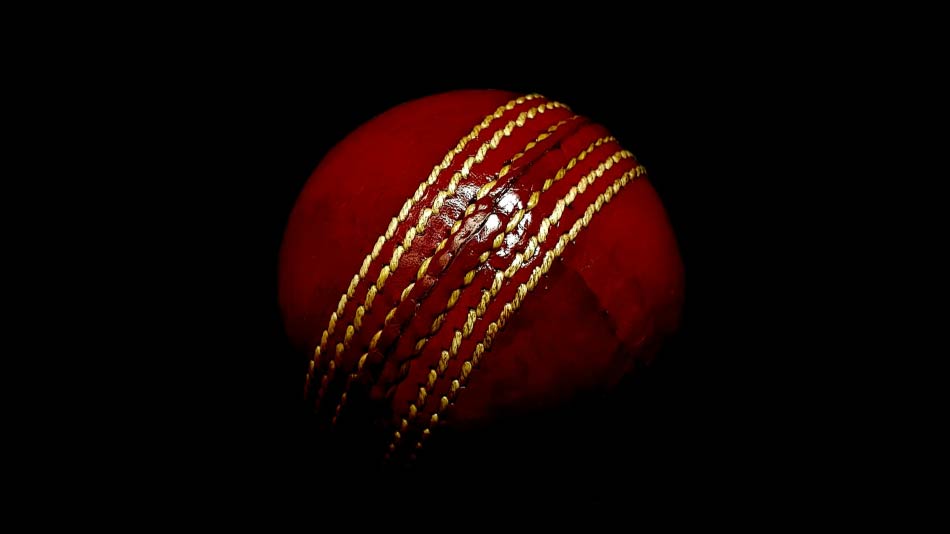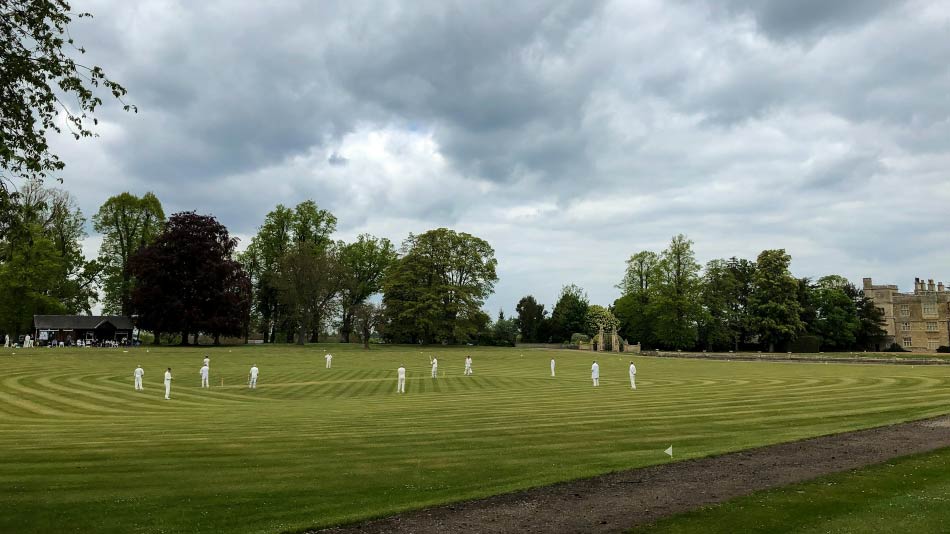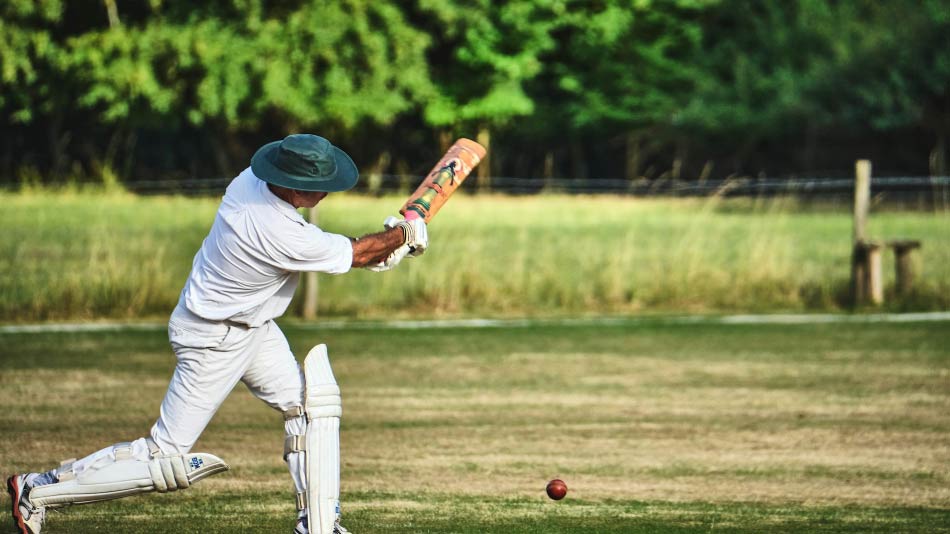
Sri Lanka Cricket (SLC) announced the resignation of Chris Silverwood as the head coach of the national teams, citing personal reasons. This decision comes in the wake of Sri Lanka’s disappointing performance at the T20 World Cup 2024, where they failed to reach the Super Eights. The team lost crucial matches against South Africa and Bangladesh, managing only one win against the Netherlands, while their match against Nepal was washed out due to rain. With just three points, Sri Lanka finished third in Group D, marking a low point for the team and raising serious questions about the future of Sri Lanka Cricket.
Silverwood’s Tenure and Resignation
Chris Silverwood, who took over as head coach in April 2022, brought with him a wealth of experience from his time coaching the England men’s team. Under his guidance, Sri Lanka experienced a mix of highs and lows. The pinnacle of his tenure was winning the 2022 Asia Cup, showcasing the potential of the team under his leadership. However, the recent T20 World Cup saw Sri Lanka falter, losing crucial matches against South Africa and Bangladesh, with their only win coming against the Netherlands. Their match against Nepal was washed out due to rain, ultimately leaving them third in Group D with just three points.
Silverwood cited the demanding nature of international coaching and the long periods away from family as the primary reasons for his resignation. In a heartfelt statement, he expressed his gratitude towards the players, coaches, and SLC management for their support, emphasizing the honor it was to coach the team and the fond memories he would take away from his time in Sri Lanka.
Achievements and Challenges During Silverwood’s Tenure


Under Silverwood’s coaching, Sri Lanka saw a blend of promising victories and disheartening defeats. The 2022 Asia Cup victory was a testament to his ability to harness the team’s potential. However, the subsequent tournaments, including the 2022 ICC T20 World Cup and the 2023 50-over World Cup, highlighted inconsistencies. In the 2022 T20 World Cup, Sri Lanka reached the Super 12s but finished fourth in their group. The 2023 50-over World Cup was even more challenging, with the team finishing ninth with just two wins and seven losses. These performances not only affected team morale but also their international standing, as they failed to secure a spot in the 2025 ICC Champions Trophy.
Potential Reasons Behind the Resignation
While Silverwood officially attributed his resignation to personal reasons, several factors likely influenced his decision:
Family Considerations: Silverwood emphasized the personal toll of being away from family. The rigorous travel schedule and extended periods away from home can be particularly challenging, especially when combined with the pressures of international coaching.
Disappointing World Cup Performance: The poor showing at the T20 World Cup undoubtedly put pressure on Silverwood. Sri Lanka’s failure to advance past the group stage highlighted significant issues within the team, from inconsistent performances to strategic shortcomings.
Internal Challenges: Coaching an international team like Sri Lanka comes with its set of challenges, including managing player dynamics, dealing with administrative hurdles, and navigating the pressures of high expectations. These internal challenges can weigh heavily on a coach’s decision to continue in the role.
Impact on Sri Lanka Cricket
Silverwood’s resignation is a significant moment for Sri Lanka Cricket, prompting a period of reflection and potential restructuring. Here are some key considerations for the future:
Immediate Leadership: With Silverwood’s departure, SLC will need to appoint an interim head coach to guide the team through upcoming fixtures, including the Test series against England. This interim period will be crucial in stabilizing the team and maintaining morale.
Long-term Strategy: SLC must evaluate its long-term strategy for the national team. This involves not only finding a new head coach but also addressing underlying issues that contributed to the recent poor performances. A comprehensive review of team management, player development, and training programs will be essential.
Focus on Development: Investing in the development of young talent and enhancing the support structures for the national team will be critical. This includes strengthening the high-performance centers and ensuring that players receive the necessary resources and guidance to excel at the international level.
The Departure of Mahela Jayawardene
The resignation of Mahela Jayawardene as the consultant coach following the World Cup debacle further underscores the need for a strategic overhaul. Jayawardene, a legendary figure in Sri Lankan cricket, played a pivotal role in implementing structural changes within the team. His tenure saw mixed results, with notable achievements such as winning the 2022 Asia Cup but also significant disappointments in major tournaments. His departure, alongside Silverwood’s, marks the end of a significant chapter and the beginning of a new one.
Potential Candidates for Head Coach
As SLC looks for Silverwood’s successor, several potential candidates could be considered. Coaches with a strong track record in international cricket, familiarity with Sri Lankan cricket culture, and the ability to inspire and develop young talent will be ideal. Names such as former cricketers who have transitioned into successful coaching roles or experienced international coaches with a reputation for turning teams around could be on SLC’s radar.
The Future of Sri Lanka Cricket
The resignation of a head coach often signals a period of transition and opportunity. For Sri Lanka, this moment can be a catalyst for positive change. By addressing the issues that led to recent disappointments and focusing on building a cohesive, competitive team, Sri Lanka Cricket can aim to regain its standing on the international stage.
With the right leadership and strategic vision, Sri Lanka can aspire to return to its former glory, competing at the highest levels and once again becoming a force to be reckoned with in international cricket. This involves not only appointing a capable head coach but also ensuring that the administrative and support structures within SLC are conducive to sustained success.




